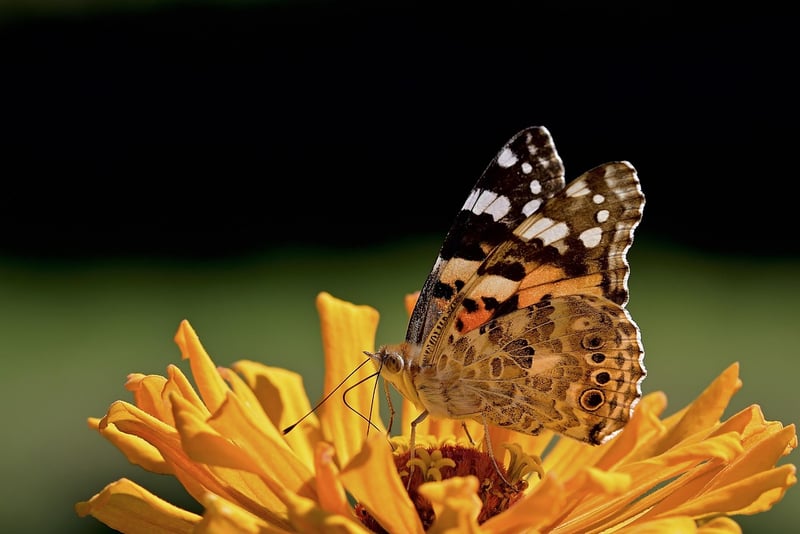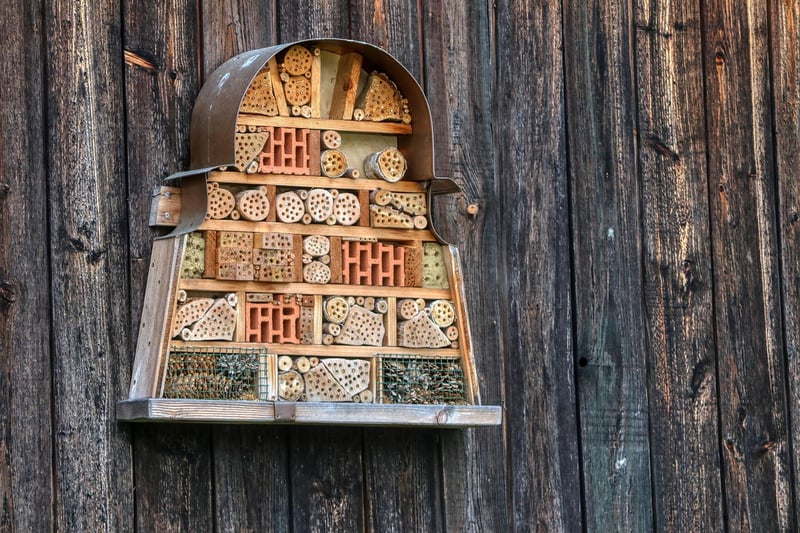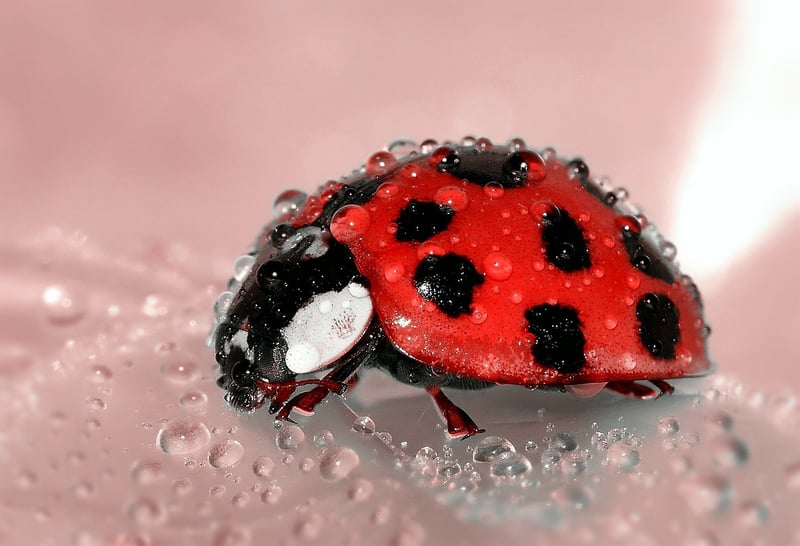Beneficial Insects
Creating Urban Habitats for Beneficial Insects
Urban areas are often seen as concrete jungles devoid of nature, but with a little effort, you can help create habitats for beneficial insects right in the heart of the city. Beneficial insects play a crucial role in maintaining the ecological balance by pollinating plants, controlling pests, and contributing to biodiversity. Here are some tips on how you can attract and support these helpful creatures in urban environments.
1. Native Plants
Choose native plants for your garden as they provide food and shelter for local insects. Native plants have evolved alongside native insects and are better suited to support their needs compared to non-native species.
2. Pollinator Gardens
Create a pollinator-friendly garden by including a variety of flowers that bloom at different times of the year. This will attract bees, butterflies, and other pollinators essential for plant reproduction.

3. Bee Hotels
Install bee hotels in your garden or on balconies to provide nesting sites for solitary bees. These bees are efficient pollinators and are non-aggressive, making them safe to have around.

4. Water Sources
Set up water sources like bird baths or shallow dishes filled with water and pebbles. Beneficial insects need water for hydration, especially during hot weather.
5. Avoid Chemicals
Avoid using pesticides and herbicides in your garden as they can harm beneficial insects along with pests. Opt for natural pest control methods like companion planting and insectary plants.
6. Educate Others
Spread awareness about the importance of beneficial insects and urban habitats by sharing your knowledge with friends, neighbors, and local community groups. Encourage others to create insect-friendly spaces in their surroundings.

By implementing these practices, you can contribute to creating a more sustainable and biodiverse urban environment while enjoying the beauty of beneficial insects in your own backyard. Start small and watch as your efforts attract a variety of insects that benefit both your garden and the ecosystem at large.
Remember, every little step counts when it comes to conserving nature in the city!
